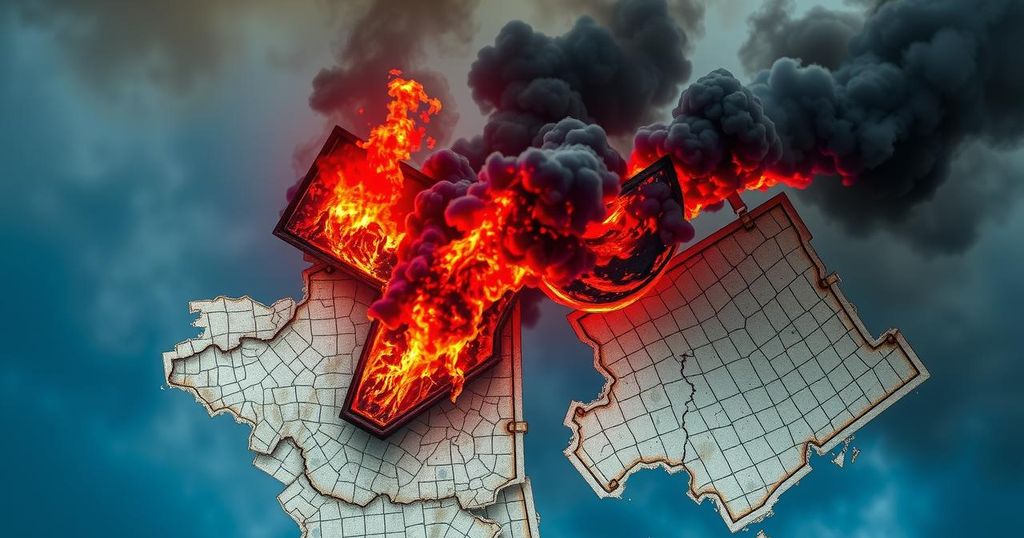Understanding the Unrest in Mozambique: A Nation in Crisis

Mozambique is experiencing severe unrest characterized by violent protests and numerous fatalities, following a disputed presidential election favoring the ruling Frelimo party. Critics accuse the government of electoral fraud, leading to significant civil disorder. The situation escalated following a court ruling, and the top opposition candidate has self-proclaimed victory, urging citizens to enact a total shutdown in protest. This unrest is the worst Mozambique has faced since its civil war ended over 30 years ago.
Mozambique is currently experiencing significant unrest following a disputed presidential election. Since the nation’s highest court upheld the election results favoring the ruling party, at least 125 individuals have perished in protests across the country, with overall fatalities reaching 252 since the elections in October. Citizens are accusing the Frelimo party of electoral fraud, leading to violent clashes with law enforcement. The opposition leader has declared himself the rightful winner and has urged citizens to implement a nationwide shutdown. These protests have escalated beyond mere dissent, prompting various acts of vandalism and civil disorder, as described by human-rights advocate Cídia Chissungo, who remarked that it resembles “a social revolt.”
The ongoing unrest in Mozambique marks the country’s worst electoral violence since the end of its civil war over three decades ago. Following contentious elections in October and subsequent court rulings favoring the ruling party, discontent among the populace has surged, manifesting in widespread protests marked by violence. Mozambique’s strategic importance as a key port nation adds to the global scrutiny and concern regarding the implications of this unrest for both regional stability and international maritime trade.
In summary, the turmoil in Mozambique following the disputed presidential election underscores a critical moment in the nation’s history. With significant casualties reported and a growing public sentiment against the ruling party, the protests are indicative of broader socio-political challenges. The call for civil shutdown by opposition leaders reflects a desperate struggle for political recognition amidst escalating unrest and violence. Mozambique’s future stability remains uncertain as the nation grapples with these profound issues.
Original Source: www.nytimes.com








